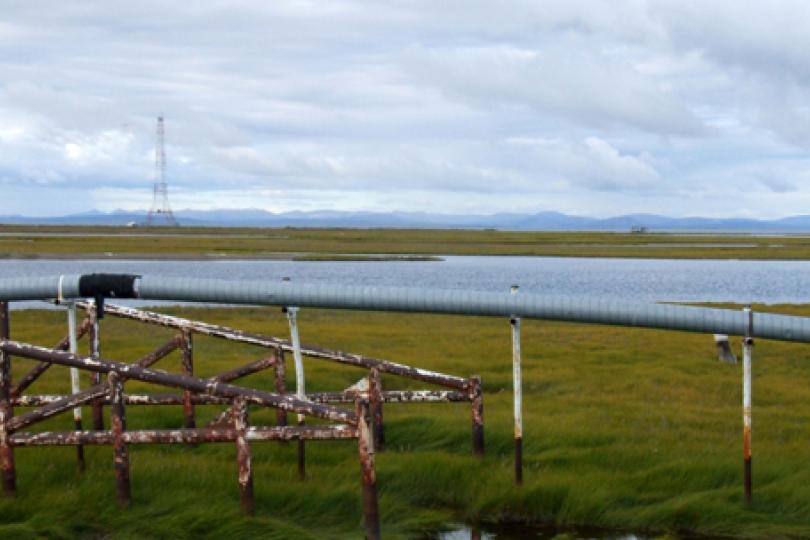Improving engagement on energy pipeline permitting
Permitting of linear oil and gas pipeline projects involves complex processes undertaken by a range of parties that are each working to address specific regulatory goals and requirements. In recent years, the growth of the natural gas industry has expanded pipeline development into states unaccustomed to pipeline permitting and has increased the number of permits necessitating review by states and tribes. While this growth is a critical economic driver, it comes with challenges. Pipeline development often results in short- and long-term temporary and permanent impacts to environmental resources, including wetlands and other waters. Because of these impacts, states and tribes are tasked with working with pipeline project applicants to avoid and minimize impacts to aquatic resources and, where impacts are unavoidable, provide compensatory mitigation of impacted resources.
This Network Innovation grant allowed the Association of State Wetland Managers (ASWM) to work with Switzer fellows Brenda Zollitsch, Wing Goodale, Evan Hansen, Myra Finkelstein, and Sarah Connick to bring in external expertise that made it possible to explore critical elements of pipeline permitting issues that would not otherwise have been addressed, including cumulative impacts and ways to improve relationships with consulting intermediaries. The project produced useful collaboratively-developed products to assist states and tribes in assessing cumulative adverse impacts to aquatic resources for inclusion into the permit review process, and a guidance document to stimulate dialogue between regulators and consultant intermediaries.
These resources, now available to states, tribes and those who support them, are a culmination of a two-year project designed to identify and address challenges faced by states and tribes when working to provide effective and efficient coordination in the process of pipeline permitting of aquatic resources. ASWM's project findings provide an overview of common issues and propose actions to more effectively coordinate between permitting agencies and oil and gas pipeline permit applications.



